Building a house in Costa Rica offers a unique opportunity to create your dream home in a tropical paradise. Whether you’re drawn by the lush landscapes, the vibrant culture, or the promise of a laid-back lifestyle, understanding the key steps can help you navigate the process smoothly.
Legal Considerations
Acquiring Land
Before you can build, you need to acquire land. This involves thorough research to ensure the property is free of liens and encumbrances. Engaging a local real estate lawyer can help you navigate the complex legal landscape, ensuring all documents are in order and your rights are protected. Construction Permits, no construction project can begin without the proper permits. In Costa Rica, this typically includes municipal building permits, environmental licenses, and water usage permits. Familiarize yourself with the process and prepare for bureaucracy; patience is key.
Choosing the Right Location, Costa Rica’s diverse climate zones—from tropical beaches to misty highlands—affect building decisions. Considerations such as rainfall, humidity, and potential natural hazards should influence the location and design of your home. Infrastructure and Accessibility to basic services like water, electricity, and internet varies widely. Choosing a location with good infrastructure will save you time and additional costs in the long run.
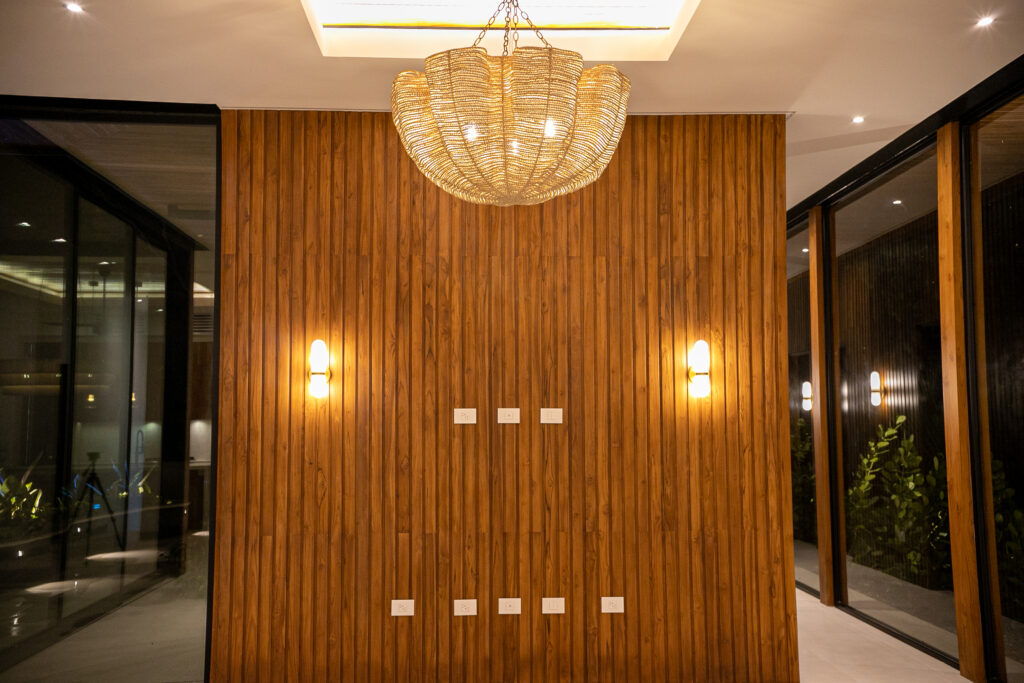
Designing Your Home
Working with Architects and Engineers
Selecting experienced professionals who are familiar with local regulations and environmental conditions is crucial. They can help design a home that is not only beautiful but also practical in the Costa Rican climate.
Architectural Styles in Costa Rica
While you may have a style in mind, local architects can introduce you to designs that blend modern trends with traditiona
l elements that are better suited to the tropical environment.
Construction Phase
Selecting a construction company, choosing the right builder is as crucial as the design itself. Look for reputable professionals with a track record of quality work within your budget. Materials and Supplies, local materials are often more affordable and environmentally friendly, but certain projects might require imported goods. Weigh the pros and cons based on durability, cost, and aesthetic appeal. Budgeting and Finance, the cost of building in Costa Rica can vary significantly based on location, materials, and design. Prepare a detailed budget that includes a contingency fund for unexpected expenses. Financing Options, explore financing options if needed. Local banks offer construction loans, but they often require detailed documentation and proof of income.
Project Management
- Overseeing the Construction: Staying involved and maintaining regular communication with your builder and architect can help ensure that your project stays on track and within budget.
- Dealing with Delays and Issues: Construction projects often face delays. Plan for these by understanding common issues like material shortages or labor disputes and have a strategy to handle them.
Sustainability and Eco-friendliness
- Eco-friendly Building Practices: Costa Rica is a leader in sustainability. Incorporating eco-friendly practices such as rainwater harvesting, natural ventilation, and green roofs can reduce your environmental impact and save money.
- Renewable Energy Options: Consider incorporating renewable energy solutions like solar panels or small wind turbines. These can provide long-term savings and reduce your carbon footprint.
Conclusion
Building a house in Costa Rica is an exciting journey that requires careful planning and attention to detail. By understanding the legal, financial, and practical aspects, you can make informed decisions that align with your dreams and budget.

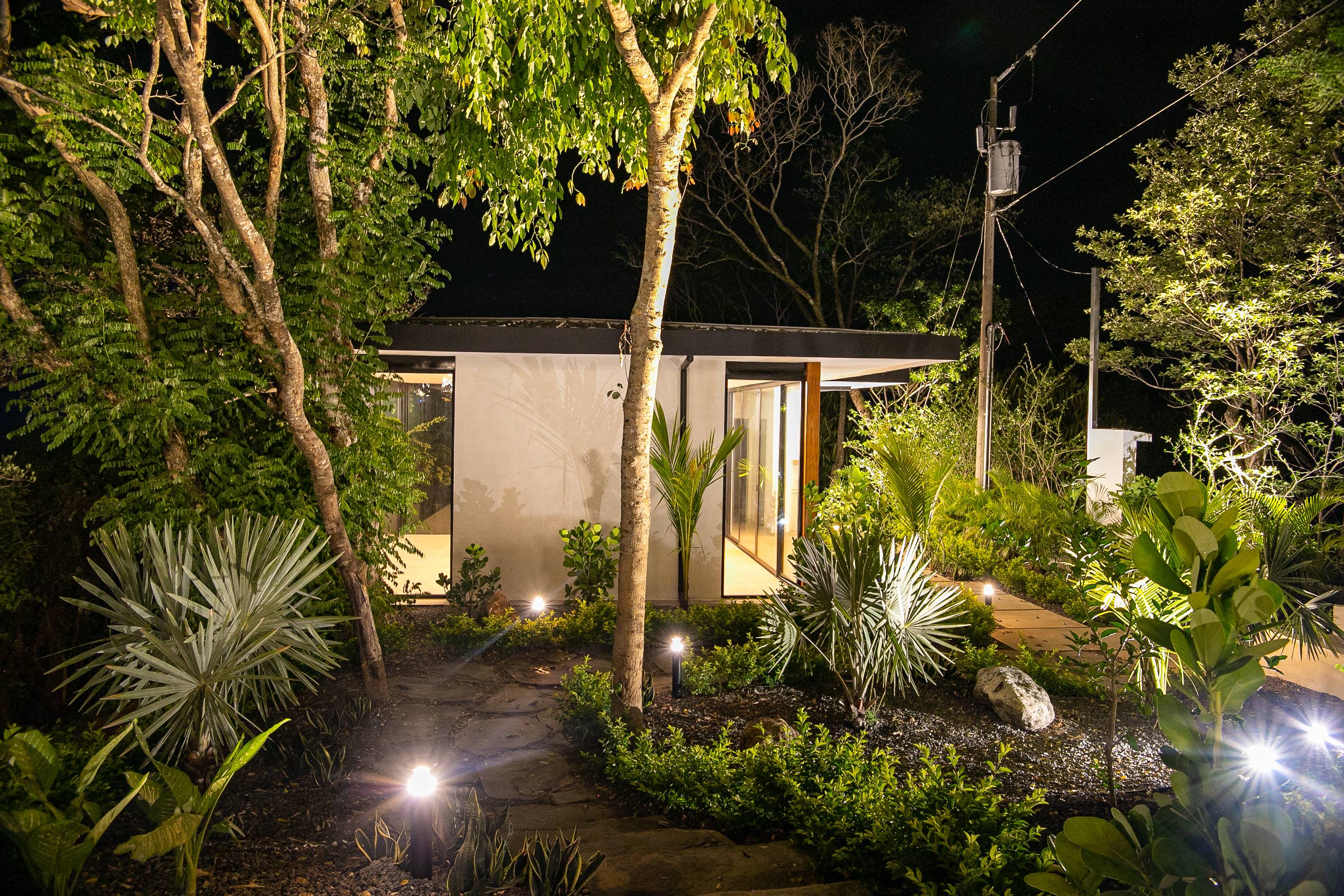
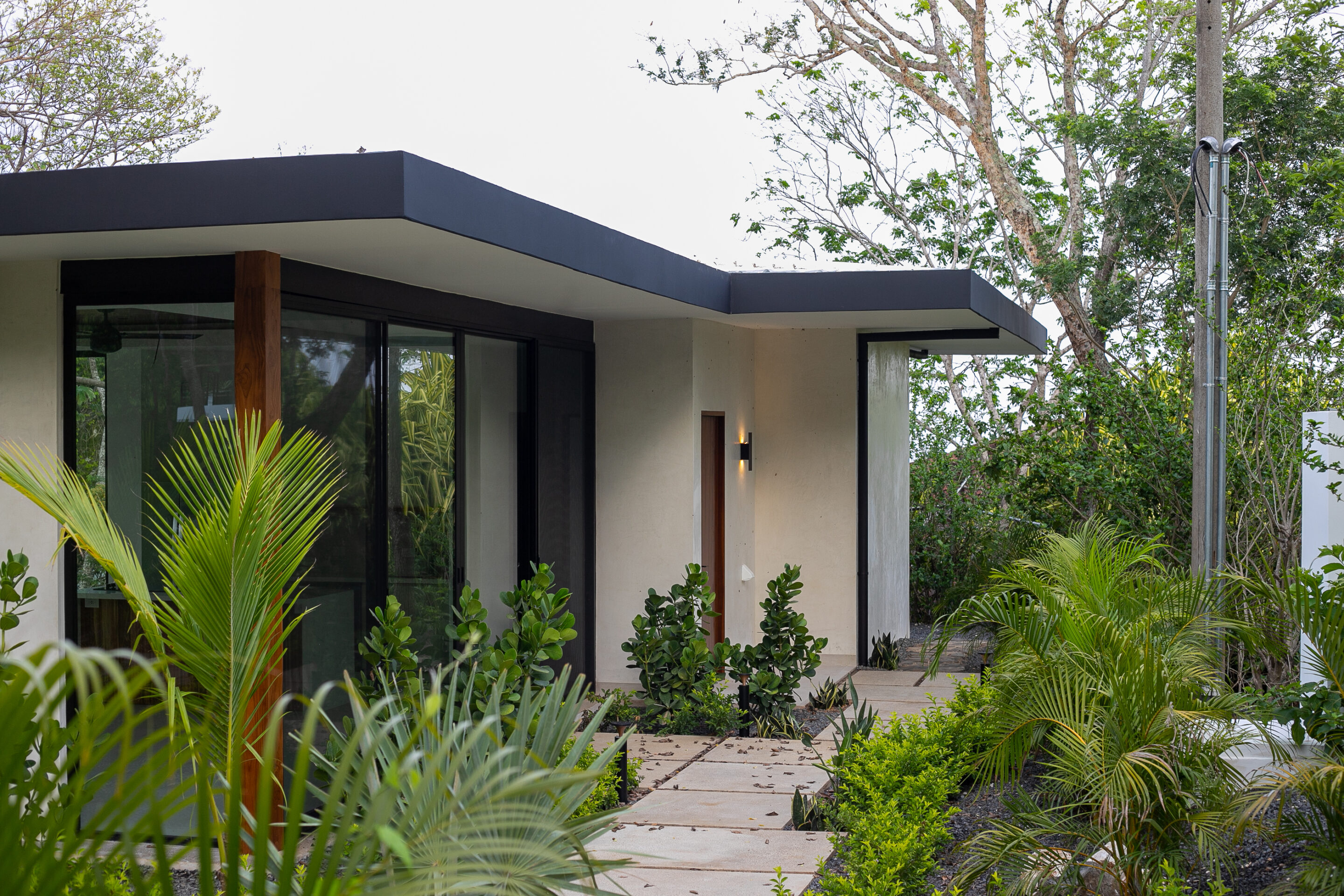
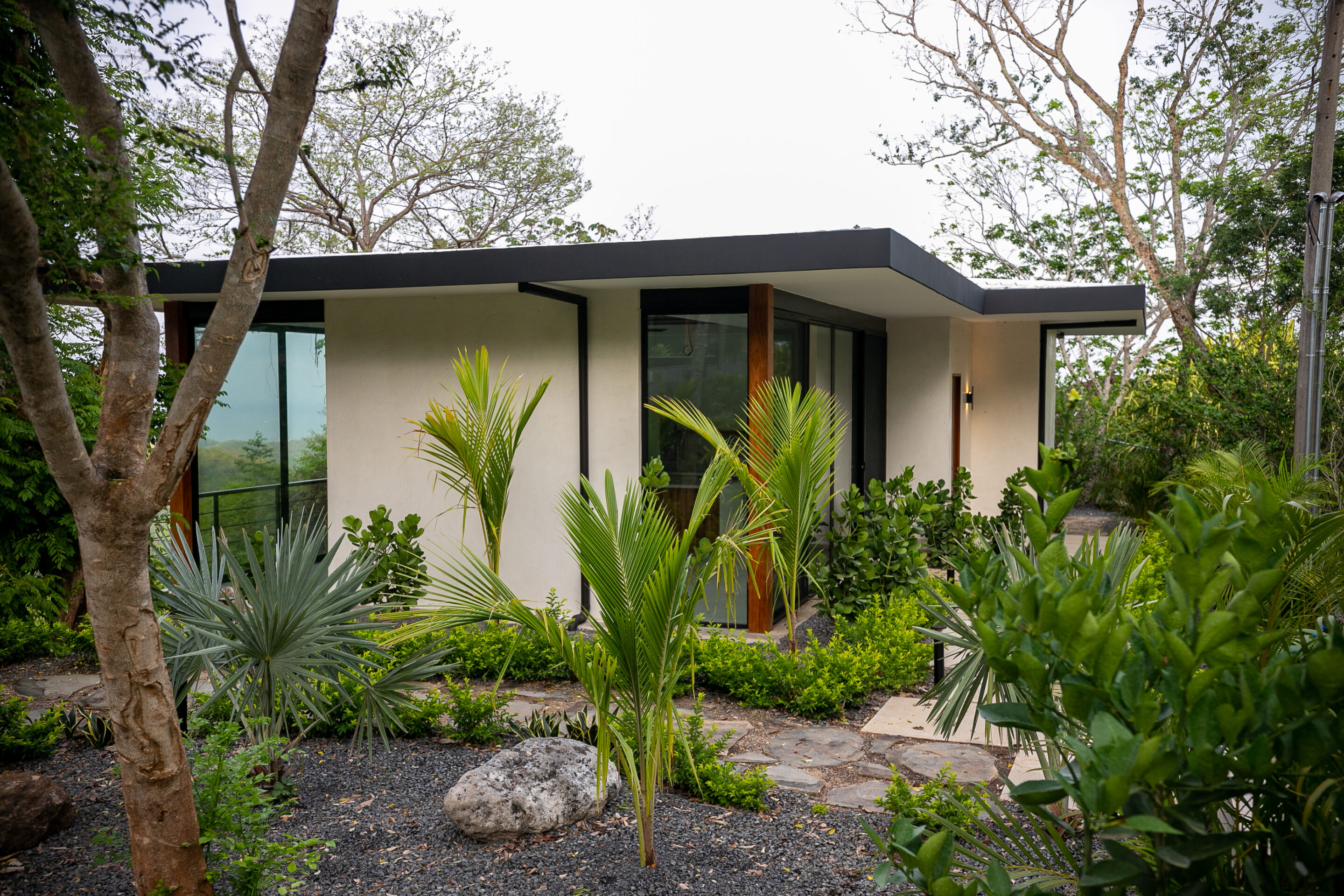
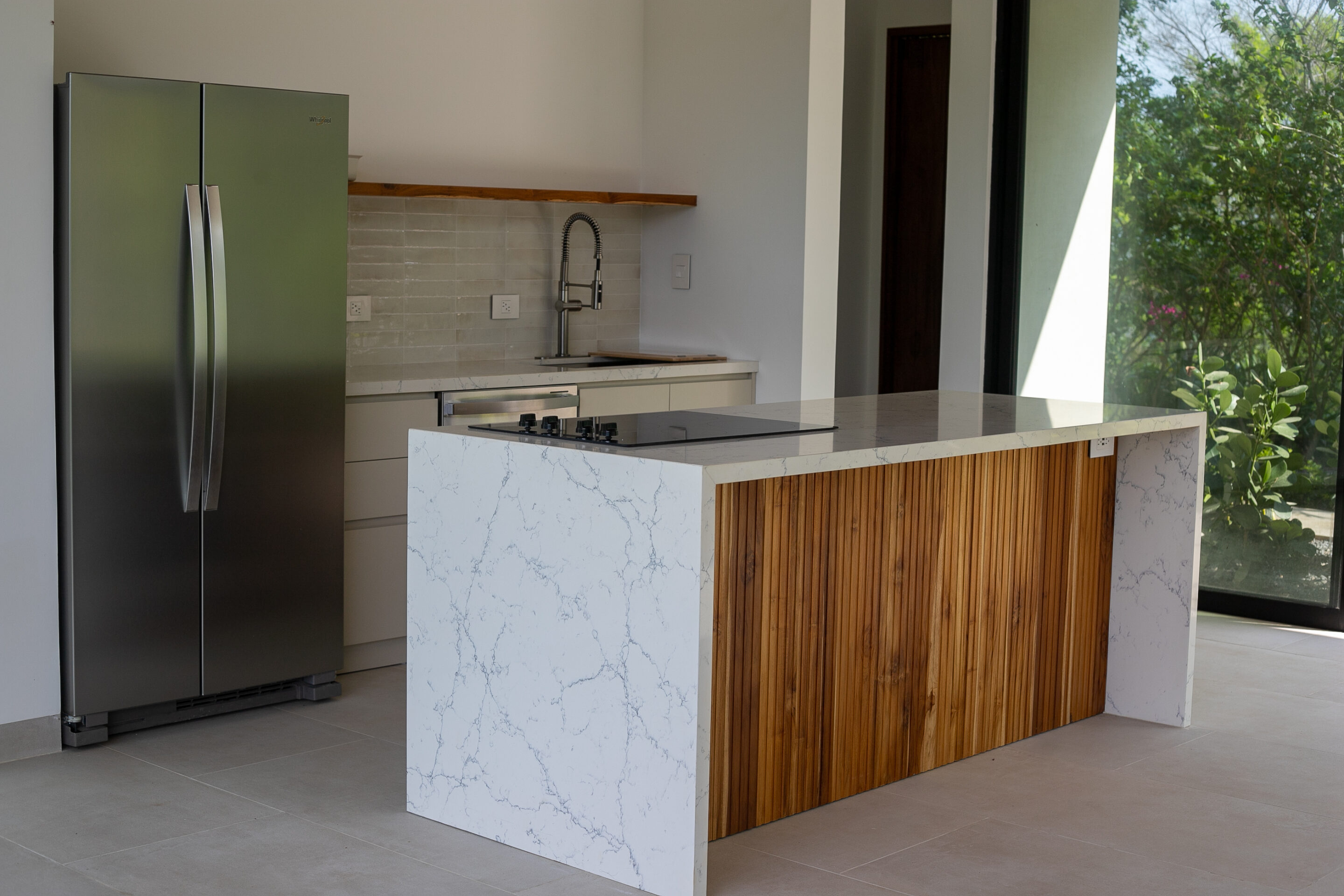
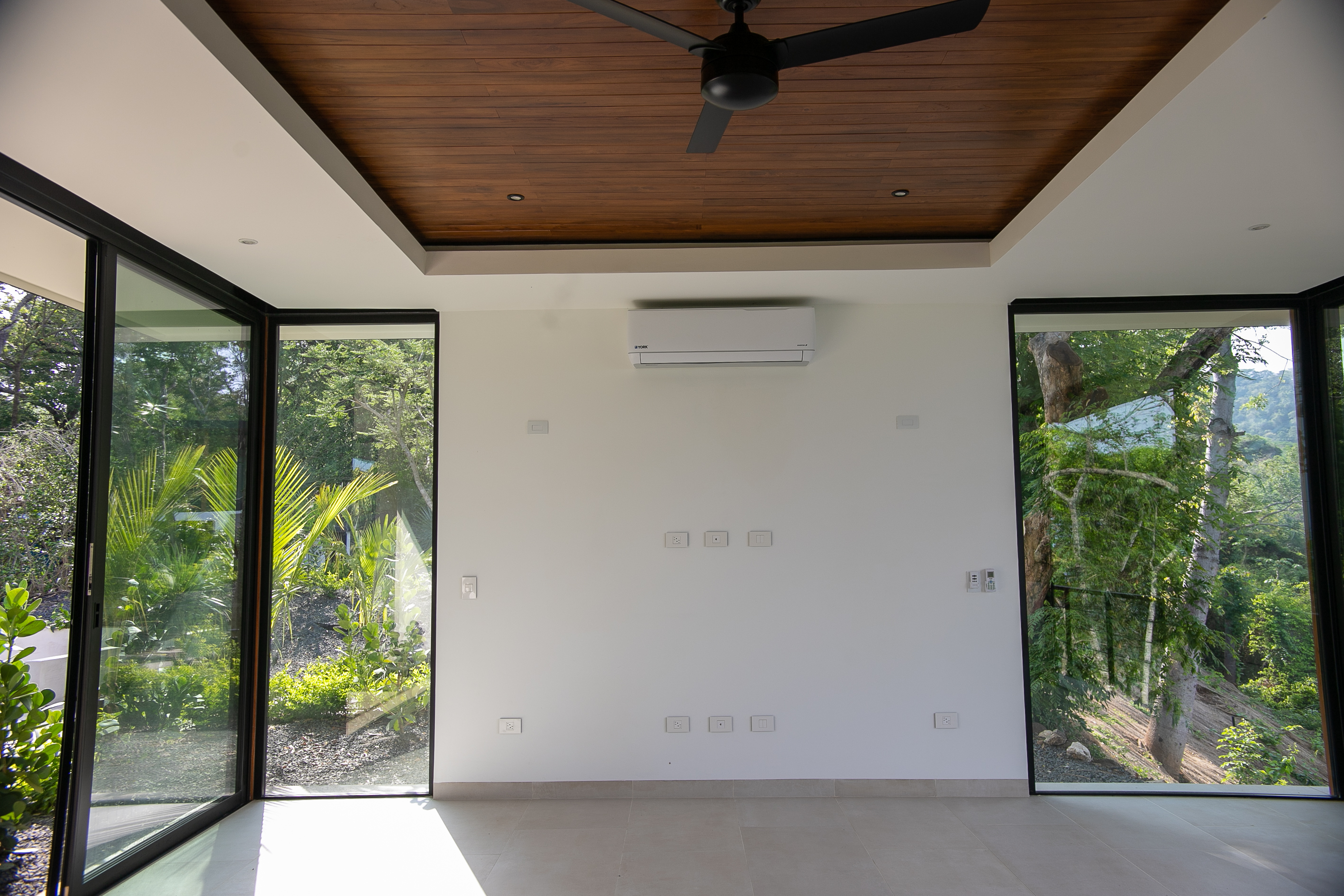
0 Comments